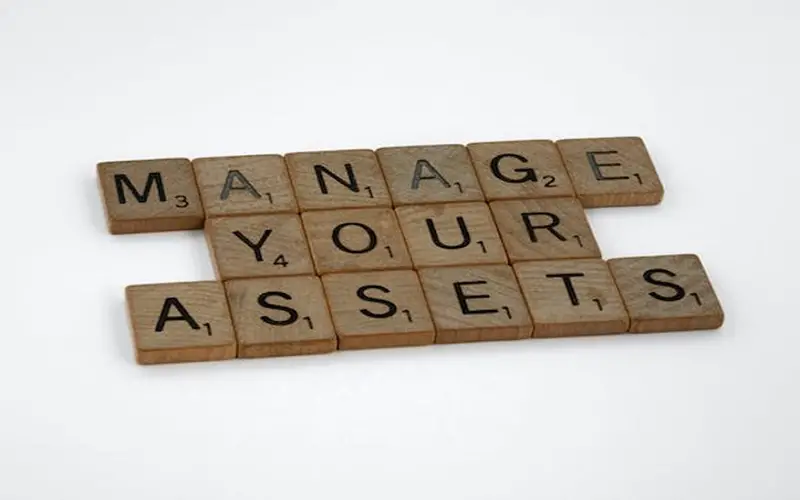In these turbulent times, it is more important than ever to keep track of your assets and capital. Whether you’re a business owner or an individual, it’s crucial to be aware of what you have and how it’s performing. It’s not always easy to stay on top of everything, though. Also, the financial landscape is ever-changing, and staying up to date can be daunting. Here are some tips for how to keep an eye on your assets and capital.
1. AMC
Asset management companies are invaluable resources for tracking and managing your assets. They provide a comprehensive overview of all the investments you own, such as stocks and bonds. This includes performance data, capital structure information, and more. For example, AMCs are Tracker Certificates that allow individuals to quickly and easily manage their investments. Additionally, they are a great way to keep an eye on the performance of your assets and capital. If you’re managing your own investments, it’s important to have an AMC. Also, many brokers offer AMCs for free.
2. Record Keeping
Keeping detailed records of all your assets is a key part of staying on top of your investments. It’s important to know the cost basis, performance, and current market value of each asset in your portfolio. Additionally, keeping detailed records helps you compare the performance of different assets over time. This is especially useful for assessing risk management practices such as diversification. There are a number of online tools that can make record-keeping easier, including spreadsheets and financial tracking software. While it may seem tedious, record-keeping is an essential part of monitoring your assets and capital
3. Financial Planning
Financial planning is an essential part of managing your assets and capital. A good financial plan should include goals, strategies, and actions that will help you reach those goals. These plans should take into account both short-term and long-term objectives as well as risk tolerance levels. Financial advisors can help create a plan tailored to your specific needs. Additionally, there are now many online tools that allow individuals to develop their own financial plans. It’s important to remember that financial planning is not a one-time event; it should be monitored and updated regularly.
4. Tax Planning and Capital Gains
Tax planning is an important part of managing your assets and capital. By taking advantage of tax deductions, you can reduce the amount of tax owed on any investments or profits made from them. Additionally, understanding the rules regarding the taxation of capital gains allows you to optimize the rate at which you pay taxes on those gains. For instance, holding investments for longer than one year will usually allow you to qualify for long-term capital gains treatment, which comes with a lower tax rate than short-term capital gains rates. Consulting a qualified tax professional can help ensure that you are taking full advantage of all available tax benefits when investing and managing your assets and capital.
5. Financial Advisors
It’s wise to employ the services of a financial advisor who can help you keep better track of your assets and capital. They can advise you on the best ways to invest, manage and distribute your money. Financial advisors will also be able to alert you when certain investment thresholds are reached or if there are any noteworthy changes in the market that might affect your investments. They can provide insight into managing risks as well as strategies for maximizing your returns. Furthermore, they have the experience and expertise necessary to make sure that you get the most out of every investment decision that you make.
6. Regular Reviews
Finally, it’s important to regularly review your assets and capital. The markets are constantly shifting and changing, so you should always be aware of what is happening with your investments. This is especially true if you’re managing your own portfolio. Regularly reviewing your investments allows you to identify any areas where improvements can be made or if there are any risks that need to be addressed. Additionally, it’s a good idea to reassess financial goals periodically in order to make sure they are still in line with current market conditions. By keeping an eye on your assets and capital, you’ll be able to maximize profits while minimizing potential losses.

Managing your assets and capital can be a complex task, but it is essential for achieving financial success. By taking the time to stay informed of key developments in the market, implementing record-keeping practices, creating a comprehensive financial plan with help from a qualified professional, taking advantage of tax benefits, and regularly reviewing your investments you will be able to maximize your profits and minimize potential losses. With the right approach, you can ensure that your assets and capital are working for you.




